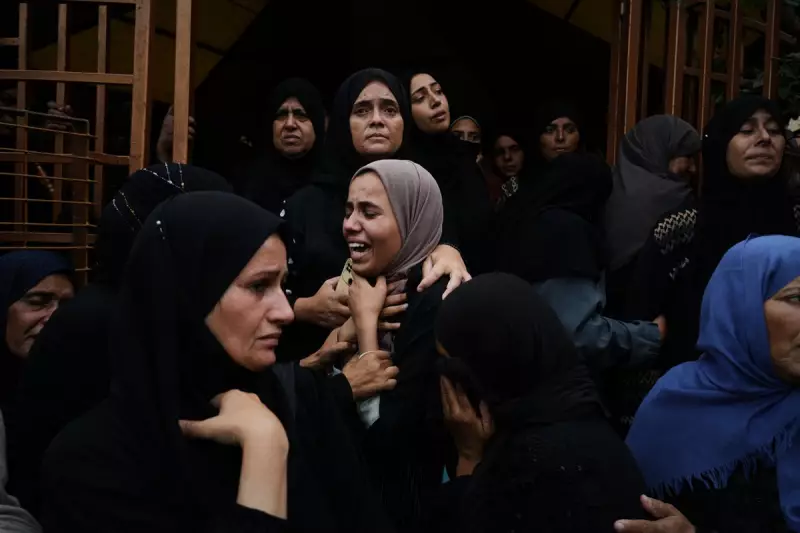
The fragile truce in Gaza has shattered, giving way to renewed violence that has claimed countless civilian lives and deepened what many are calling a catastrophic humanitarian crisis. Despite international efforts to broker peace, the resumption of hostilities has left families trapped in the crossfire and aid organisations struggling to reach those in desperate need.
The Human Cost of Collapsed Diplomacy
As diplomatic channels falter, the streets of Gaza have transformed into battlegrounds. Recent Israeli Defence Forces strikes have targeted what military officials describe as Hamas strongholds, but the collateral damage has been devastating for ordinary Palestinians. Residential buildings, markets, and even medical facilities have borne the brunt of the onslaught.
The numbers tell a grim story:
- Civilian casualties rising at an alarming rate
- Critical shortages of medical supplies and clean water
- Overcrowded hospitals operating without power
- Children accounting for a significant percentage of recent fatalities
International Response and Growing Isolation
The international community stands divided as the violence escalates. While some Western nations continue to affirm Israel's right to self-defence, others are increasingly vocal in their condemnation of what they term disproportionate force. The United Nations has issued multiple statements expressing deep concern about potential violations of international law.
"We are witnessing a tragedy unfold in real-time," stated one European diplomat who wished to remain anonymous. "The cycle of violence seems endless, and it's always civilians who pay the highest price."
The Road Ahead: More Bloodshed or Renewed Hope?
With ceasefire negotiations at a standstill and both sides digging in their heels, the immediate future looks bleak for Gaza's 2 million residents. Humanitarian corridors remain unreliable, and the threat of a full-scale ground invasion looms large.
Meanwhile, the political fallout continues to spread beyond the region, testing alliances and challenging long-standing foreign policy positions across the globe. As the world watches, the question remains: how many more must die before meaningful dialogue replaces destructive warfare?





